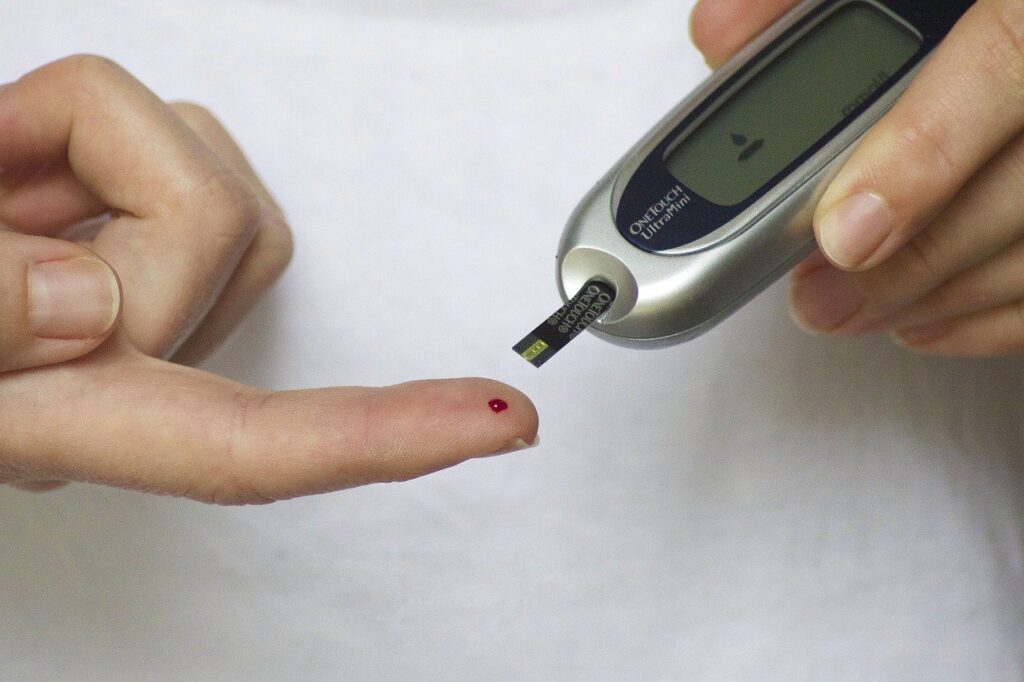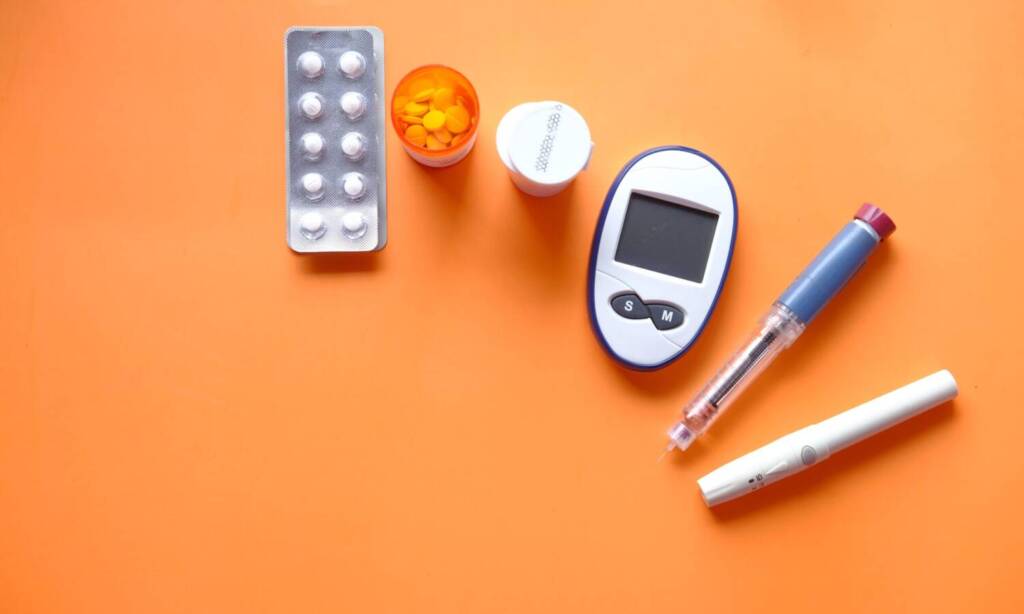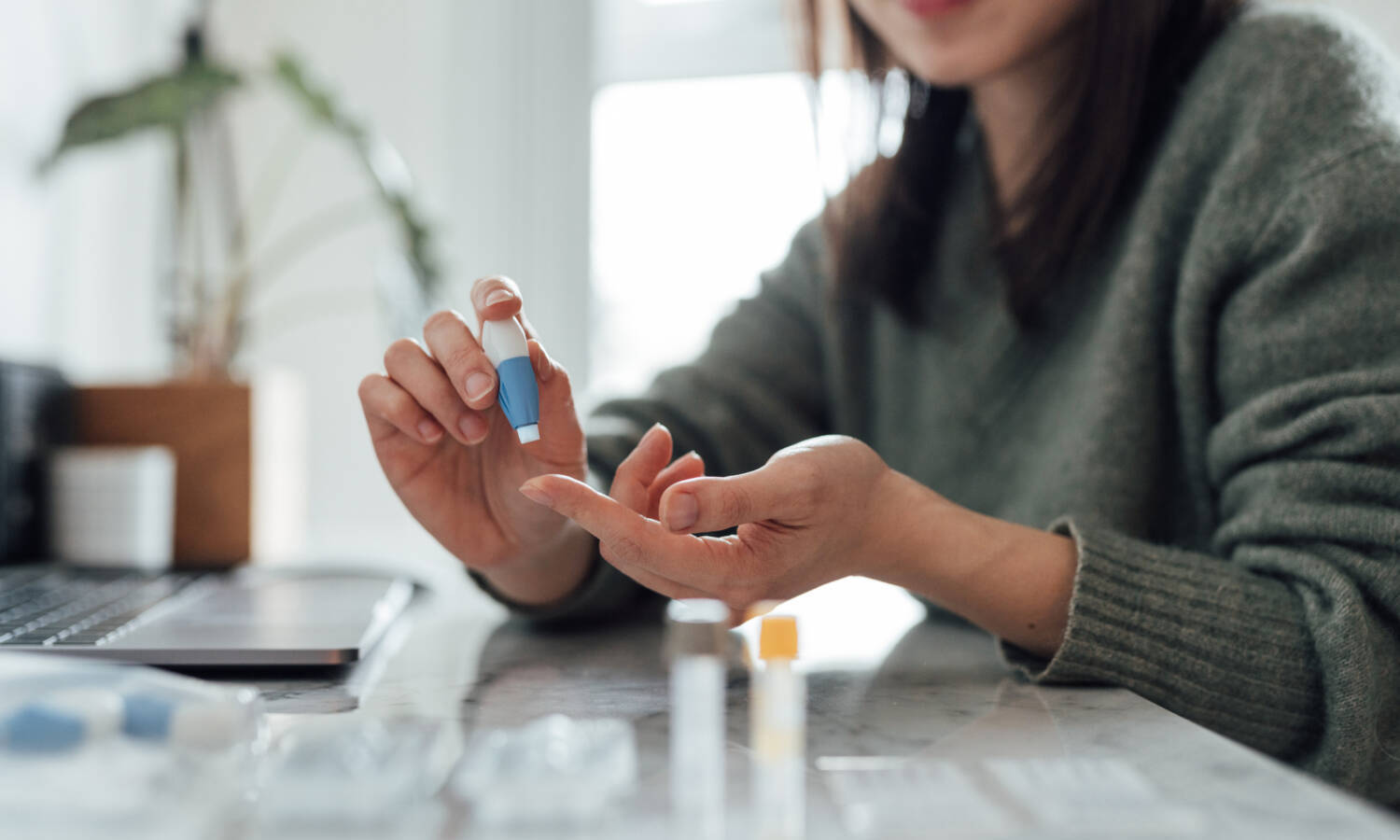We may need more studies to back up the claims, but these recent findings join the many other studies showing that cannabis may be beneficial for preventing and treating diabetes.
This article originally appeared on Cannabis.net and has been reposted with permission.
While statistics say that men are more likely to get diabetes than women, when women do get it, the complications can be far worse than for men.
According to the Centers for Disease Control and Prevention (CDC), diabetes increases the risk of heart disease for women four times, and women have significantly worse outcomes from a heart attack compared to men. In addition, women are also susceptible to diabetes-related complications including depression, kidney disease, and blindness.

Now, a new study shows that when women consume heavy amounts of cannabis, it may help reduce the risk for diabetes.
The study, which was published in the journal Cannabis and Cannabinoid Research, was conducted by graduate students from the Texas A&M University School of Public Health, as well as a colleague at the Hofstra University. They looked at data taken from the National Health and Nutrition Examination Survey from 2013 to 2018 taken by around 15,000 participants. Most of the participants were white females, over the age of 40, and at least had graduated from college.
The researchers analyzed their cannabis use based on frequency and exposure. Light use was associated with smoking pot under 4 times a month, while heavy use was associated with those who consumed cannabis more than 4 times a month. Additionally, they checked their physician diagnosis for diabetes status, or checking their fasting blood glucose, plasma glucose, or hemoglobin A1C levels.
They found that the females who were heavy cannabis users had a smaller probability of having a diabetes diagnosis compared to the females who didn’t consume cannabis. Meanwhile, females who were light cannabis users were found to have no link to a diabetes diagnosis. When it came to the males, the researchers didn’t find any association between any cannabis use and diabetes.
Older Studies Show A Reduced Prevalence Of Diabetes Among Cannabis Users
There are older studies that support the hypothesis that cannabis use can be linked to a reduction in diabetes.
In 2012, a study published in the British Medical Journal found that adults who had a history of cannabis use had a lower prevalence when it came to type 2 diabetes. They were also found to have a reduced risk of contracting cannabis compared to people who didn’t have any history of marijuana consumption.
The researchers from the University of California, Los Angeles analyzed the link between cannabis use and diabetes mellitus (DM) for adults aged 20 to 59 in a sample of 10,986 adults. They grouped into non cannabis users, which made up 61% of the population; heavy users: those who consumed over 5 times in a month, light users: who consumed 1 to 4 times in a month, past cannabis users, which made up 30% of the population, and current cannabis users.
RELATED: COVID-19 May Trigger Diabetes — Can Marijuana Help?
Before the results came out, the researchers already hypothesized that type 2 diabetes would be less prevalent in cannabis consumers since cannabis contains many cannabinoids that are anti-inflammatory and immunomodulatory.
Then they found that past and current cannabis users did indeed have a lower prevalence of diabetes, even after the researchers adjusted the results to compensate for social variables such as level of physical activity, ethnicity, etc. However, they didn’t find a correlation between other chronic disease and cannabis use. Additionally, past and current marijuana users reported that they were engaged in more frequent physical activity compared to nonusers though they also had higher triglyceride and total cholesterol levels.
“Our analysis of adults aged 20-59 years… Showed that participants who used marijuana had a lower prevalence of DM and lower odds of DM relative to non-marijuana users,” they concluded.

“Prospective studies in rodents and humans are needed to determine a potential causal relationship between cannabinoid receptor activation and DM. Until those studies are performed, we do not advocate the use of marijuana in patients at risk for DM,” they warned.
In 2021, the results of a preliminary study revealed that CBD could be beneficial in reducing the glucose absorption from food, which then effectively reduces blood glucose levels. Before this study, the impact of CBD on alpha-glucosidase wasn’t really well understood. Alpha-glucosidase is an enzyme that helps the human body digest dietary carbohydrates as well as starches in order to produce glucose which the intestines then absorb, but this process causes a rise in blood sugar levels.
RELATED: CBD For Diabetic Use
Individuals with type 2 diabetes are commonly prescribed alpha-glucosidase inhibitors, which work by slowing down the carbohydrate absorption in the small intestine. They then reduce blood sugar and insulin levels.
For the study, the researchers analyzed different CBD concentrations ranging from 10 to 1216 μM. They also studied the inhibitory effects of CBD using a yeast enzymatic assay together with molecular docking, and studied how stable it was in intestinal and gastric fluids through high performance liquid chromatography analysis.
They discovered that CBD has moderate inhibitory effects against alpha-glucosidase, and also found that it was stable in intestinal and gastric fluids. Additionally, they found that there was a beneficial association between high CBD levels with inhibiting alpha-glucosidase activity.
Why Cannabis May Work Well In The Fight Against Diabetes
We may need more studies to back up the claims, but these mentioned findings just scratch the tip of the iceberg when it comes to the amount of hopeful studies showing that cannabis may be beneficial for preventing and treating diabetes.
We already know that the endocannabinoid system among those who have diabetes or are overweight seems to be overactive, but consuming cannabis or CBD is a way to treat it and restore its balance.
This article originally appeared on Cannabis.net and has been reposted with permission.


